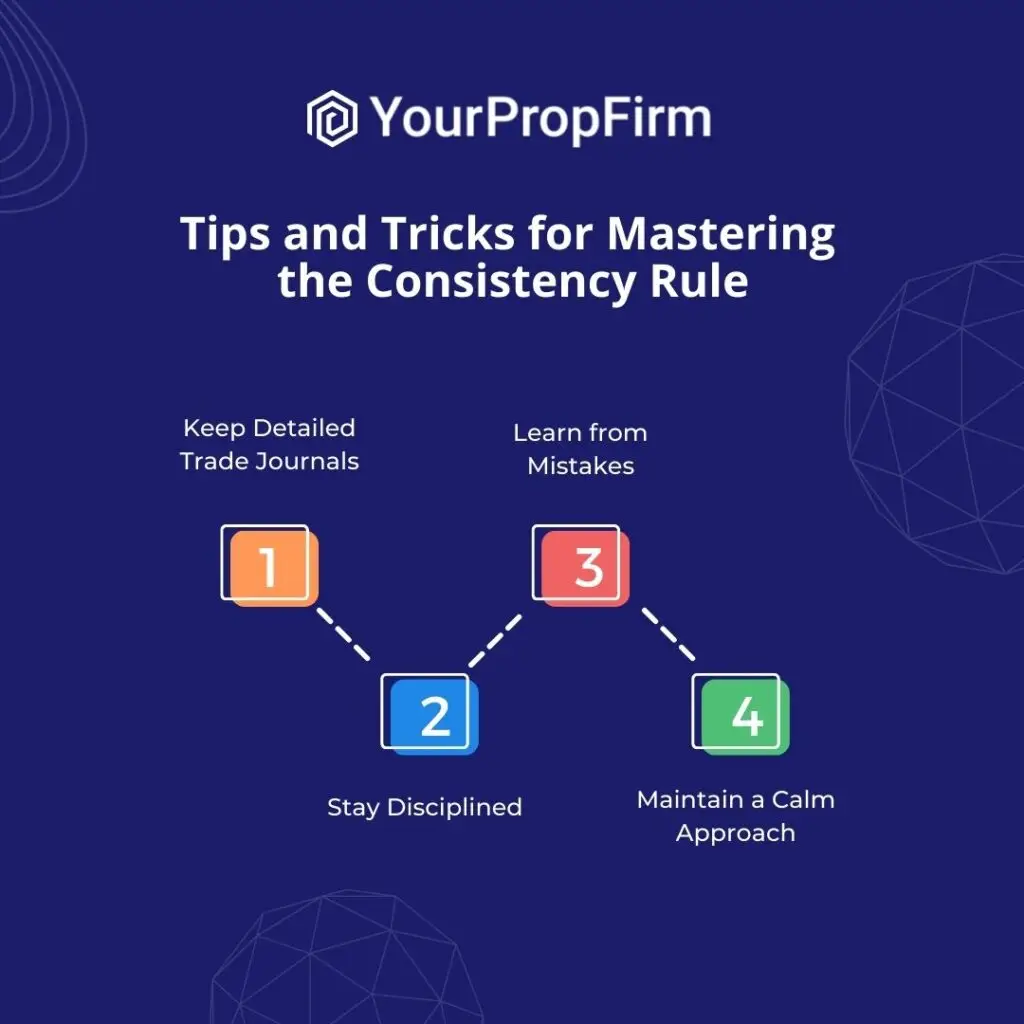Did you know that the average day trader spends more time staring at charts than a cat at a laser pointer? In the fast-paced world of day trading, prop firms play a pivotal role in shaping strategies and techniques. This article explores the multifaceted impact of proprietary firms on day traders, covering key aspects such as funding benefits, trading limits, success rates, and the psychological effects on traders. We’ll also discuss the risks involved, costs associated with prop firms, and how they compare to personal trading accounts. By the end, you’ll understand how DayTradingBusiness can help you navigate these elements to enhance your trading journey.
How Do Prop Firms Influence Day Trading Techniques?
Prop firms push day traders to adopt quicker, more aggressive strategies like scalping and rapid order execution. They provide capital, encouraging traders to leverage more and take bigger risks, which shapes how they approach market entries and exits. With access to advanced tools and real-time data, traders refine techniques to capitalize on small price movements. Prop firms also set performance benchmarks, prompting traders to develop disciplined, high-frequency trading methods. Overall, they drive innovation in short-term trading tactics while emphasizing speed, risk management, and precision.
What Are the Benefits of Using Prop Firm Funding for Day Trading?
Prop firm funding provides access to larger capital, allowing day traders to take bigger positions and maximize gains. It reduces personal financial risk since the firm bears the trading capital, not the trader. With prop firm backing, traders often receive professional training, risk management tools, and structured support. This environment fosters discipline and helps refine strategies through access to advanced technology and analytics. Overall, prop firm funding accelerates growth, boosts trading capacity, and offers a safety net that encourages experimenting with innovative strategies.
How Do Prop Firms Set Trading Limits for Day Traders?
Prop firms set trading limits based on traders’ experience, risk appetite, and past performance. They impose maximum daily loss caps, position size restrictions, and overall capital exposure to manage risk. These limits shape day traders’ strategies by forcing them to adapt to tighter controls, focus on high-probability setups, and avoid large, risky trades. The firm’s risk parameters directly influence how aggressive or conservative traders can be during the trading day.
Can Prop Firms Improve My Day Trading Success Rate?
Yes, prop firms can improve your day trading success rate by providing capital, advanced tools, and structured training, which reduce personal risk and allow more focused strategies. They often offer better risk management and mentorship that help refine your approach, increasing the chances of consistent profits.
What Risks Do Prop Firms Pose to Day Traders?
Prop firms can pressure day traders to hit specific profit targets quickly, pushing them to take bigger risks. They may enforce strict trading rules, limiting strategy flexibility and forcing traders into less optimal moves. If traders don’t meet performance expectations, they risk losing access or earning potential. Additionally, the firm’s control over trading accounts can lead to sudden account freezes or forced closures if performance dips. This environment can cause emotional stress and reduce traders’ ability to stick to their own strategies.
How Do Prop Firms Impact Trading Psychology and Discipline?
Prop firms shape trading psychology by instilling discipline through strict rules and performance pressure, pushing traders to stay focused and control emotions. They often enforce risk management and daily targets, which can reduce impulsive trades but also increase stress. Traders learn to stick to strategies under scrutiny, sharpening discipline but possibly causing anxiety if standards aren’t met. Overall, prop firms can improve consistent trading habits but may also challenge traders’ mental resilience.
Do Prop Firm Rules Restrict Day Trading Strategies?

Yes, prop firm rules often restrict day trading strategies by limiting leverage, requiring specific trade sizes, or banning certain techniques like scalping or holding positions overnight.
How Does Prop Firm Capital Affect a Trader’s Leverage?
Prop firm capital increases a trader’s leverage by allowing larger position sizes without risking personal funds. This higher leverage amplifies potential gains and losses, enabling more aggressive day trading strategies. With access to substantial capital, traders can diversify their trades and take bigger bets, but it also means risks are magnified. Essentially, prop firm capital boosts leverage, giving traders more trading power and flexibility.
What Are the Costs of Trading with a Prop Firm?
Prop firms typically charge a fee for evaluation, which can range from $100 to $500, or take a percentage of profits, often around 20-30%. Some also require a deposit or offer subscription plans. There are no direct trading costs like commissions or spreads specific to the firm, but fees impact overall profitability. These costs influence how much capital you can leverage and the risk you can take in your day trading strategies.
How Do Prop Firms Evaluate and Select Day Traders?
Prop firms evaluate day traders based on their consistency, risk management, and profitability during a trial period. They look for traders who demonstrate disciplined entries and exits, proper position sizing, and minimal drawdowns. Selection often involves testing traders with simulated or small live accounts, focusing on their ability to follow rules and generate steady returns. Once accepted, prop firms provide capital, but traders must adhere to strict risk and trading plan guidelines.
Learn about How Do Prop Firms Evaluate Day Trading Performance?
Can Prop Firms Help Develop Better Trading Habits?

Yes, prop firms can help develop better trading habits by providing structured training, risk management guidelines, and disciplined trading environments. They enforce consistent strategies and accountability, which sharpens decision-making and promotes discipline. The mentorship and resources offered also help traders refine their skills, leading to more disciplined and effective day trading strategies.
How Do Prop Firm Fees and Payouts Work?
Prop firms charge fees for trading capital access or training, often taking a percentage of profits as payouts. They provide leverage and resources, influencing risk levels and trade frequency. Payouts depend on profit-sharing agreements; the firm takes its cut first, then traders keep the rest. This structure affects how traders plan their strategies—aiming for consistent gains to meet payout thresholds while managing fees.
What Are the Common Prop Firm Trading Requirements?
Prop firms typically require a minimum account balance, a proven trading track record, and passing an evaluation or trading test. They often mandate specific risk management rules, like maximum drawdowns and daily loss limits. Traders may need to demonstrate consistency over a set period or meet profit targets. Some firms require live trading assessments or demo accounts before granting full trading privileges.
Learn about What Are the Common Terms in Day Trading Prop Firm Agreements?
How Do Prop Firms Affect Market Liquidity and Volatility?
Prop firms boost market liquidity by providing large trading volumes, making it easier for individual traders to enter and exit positions. Their aggressive trading can increase short-term volatility, especially when many prop traders act simultaneously on news or market signals. This heightened activity can lead to sharper price swings, challenging day traders to adapt quickly. Overall, prop firms contribute to faster, more liquid markets but can also amplify rapid price changes.
Learn about How Do Market Makers and Liquidity Providers Affect Day Trading?
Are Prop Firms a Good Option for New Day Traders?
Prop firms can boost new day traders by offering capital and training, reducing personal financial risk. They often provide access to advanced tools and direct market exposure, helping refine strategies. However, they come with strict profit targets and trading restrictions, which can limit flexibility. For beginners, they can accelerate learning but also pose pressure to perform quickly. Ultimately, whether they’re a good fit depends on your willingness to meet firm expectations and your ability to adapt strategies under their rules.
Learn about Are Prop Firms Safe for Day Traders?
How Do Prop Firms Compare to Personal Trading Accounts?

Prop firms provide capital, allowing traders to take bigger positions without risking personal funds, which can amplify gains and losses. They often impose specific trading rules and profit splits, influencing strategy choices. Unlike personal accounts, prop firms may require adherence to strict risk management and trading plan compliance. This environment encourages faster, more aggressive trading but limits flexibility. Overall, prop firms shape day trading strategies by balancing increased capital access with tighter operational constraints.
Learn about How Do Prop Firms Fund Day Trading Accounts?
Can Prop Firm Funding Lead to Bigger Trading Wins?
Yes, prop firm funding can lead to bigger trading wins by providing more capital, which allows traders to take larger positions and potentially earn higher profits. It removes the capital limit, enabling aggressive strategies and increased trade size, but also raises risk. Properly managed, funded accounts can amplify gains, but increased leverage can also mean bigger losses if not disciplined.
How Do Prop Firms Influence Overall Day Trading Strategies?
Prop firms influence day trading strategies by setting specific risk limits and requiring strict adherence to their trading styles. They often push traders to focus on high-volume, short-term trades to meet profit targets. Traders adapt their strategies to align with prop firm rules, emphasizing quick execution and disciplined risk management. This environment encourages aggressive, precise trading techniques optimized for profit within firm constraints.
Learn about How Do Prop Firms Impact Day Trading Profitability?
Conclusion about How Do Prop Firms Affect Day Trading Strategies?
In conclusion, prop firms play a significant role in shaping day trading strategies by providing capital, setting trading limits, and influencing trading psychology. Their structured environment can help traders develop discipline and better trading habits. However, potential risks and costs must be carefully considered. For those looking to enhance their trading journey, partnering with a reputable prop firm like DayTradingBusiness can offer valuable resources and insights to maximize success in day trading.
Learn about How Do Prop Firms Impact Day Trading Profitability?